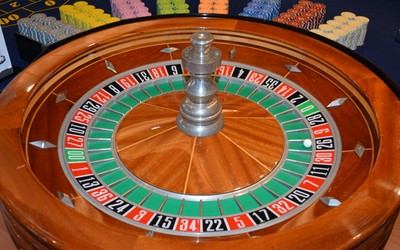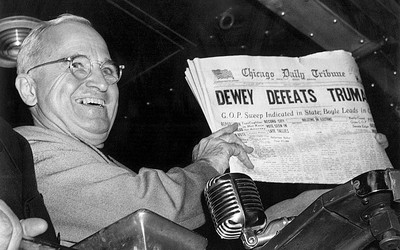
Clarissa Watson
Opportunism
Never interrupt an opponent while he is making a mistake.I could beat a dead horse by continuing to write about how players need to learn from their own mistakes (and engage in critical thinking) in order to improve, but that's boring. So instead let's narrate a hypothetical real-life open tournament...
Round 1 with a similarly-rated opponent: I get outplayed in the opening, and they keep moving quickly even after the opening. I complicate the position until neither of us understands it, and then I exchange down into a winning endgame. The opponent slows down and carefully considers their lost position, but it's too late. It's a good thing I spent my time well through the game, even if it meant I was in time pressure toward the endgame.
Round 2 with a lower-rated youth: I get outplayed in the opening despite playing side lines to dodge whatever they have prepared. I struggle through the middlegame and endgame to slow their initiative and start making perpetual check and promotion threats of my own. We both miss tactics, but since they haven't studied minor piece and pawn endgames they don't know which pieces and/or pawns to exchange; all three results are possible (sometimes a knight can outperform a bishop, or sometimes opposite-colored bishop endgames or even rook endgames are not drawn). It's good that I read every endgame book I could get my hands on, learning both fundamental endgame principles but also the exceptions to the rules.
Round 3 with a much higher-rated opponent: I again get outplayed in the opening and no matter how many resources I find or how complicated I attempt to make the position, only two results are possible. Hopefully I can learn from this experience and ask my opponent and my friends/teammates/coaches questions after the game... and not just about the opening, but about the entire game.
Round 4 with a similarly-rated opponent: I actually get an opening advantage, but have no idea how to play such an unfamiliar position. After a wild middlegame we start exchanging pieces and find an early endgame neither of us understands. In mutual time-pressure the opponent struggles to convert a won endgame, and I claim a threefold repetition by writing down the move and pausing the clock, since I carefully studied the rules and know how to apply them even in time pressure (and I know it's threefold repetition of position with the same player to move, not threefold repetition of a move sequence).
Round 5 with a lower-rated opponent: My opponent attempts to play the only opening I know. Everyone is tired but I know the sooner I win, the sooner I can grab a snack and watch top players' games. I focus on asking what my opponent might be threatening, then I narrowly dodge traps and win.
Maybe next time I should focus on how to learn from your mistakes... the dead horse isn't going to beat itself.
Image credit: Clarissa Watson
More blog posts by Toadofsky

Prayer for Peace
Peace, like all things, has a price.
Long-Term Goals Are Malarkey
What is your chess goal for 2024?
How to Write a Popular Blog Post
What is right is not always popular, and what is popular is not always right. - Albert Einstein
